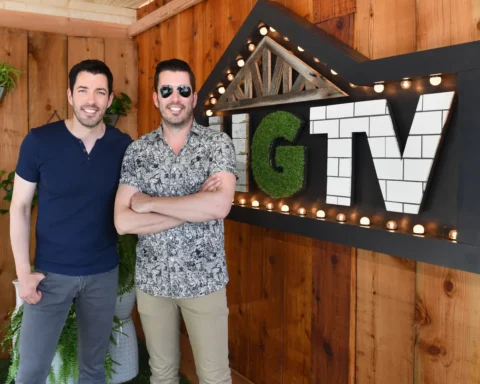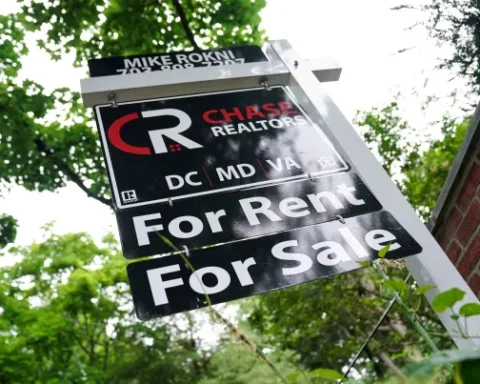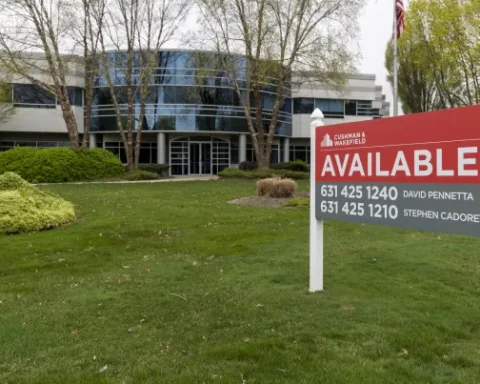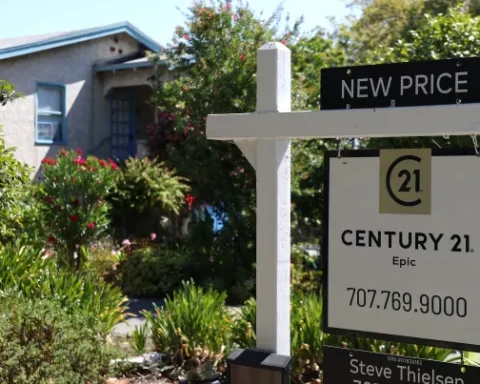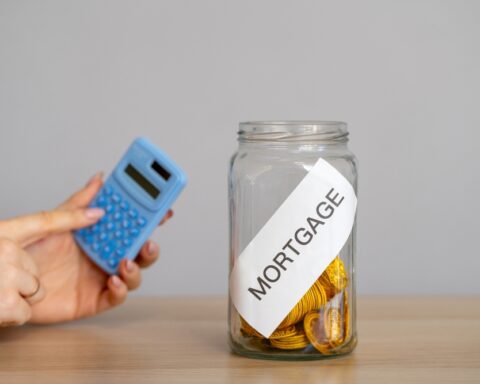Homeownership, a cornerstone of the American dream, remains an elusive goal for many, particularly within the Black community. Recent findings by LendingTree underscore the persistent gap in homeownership rates between Black Americans and their counterparts, highlighting a complex web of socio-economic barriers. This disparity is not just a matter of numbers but a reflection of deeper systemic issues that need urgent attention.
In the sprawling urban landscapes of America’s largest metropolitan areas, the dream of owning a home is disproportionately out of reach for Black citizens. A startling report from LendingTree lays bare the stark reality: Black Americans constitute nearly 15% of the population in these urban centers yet hold a mere 10% of the deeds to owner-occupied homes. These figures have barely budged since 2021, indicating a stagnation that demands a closer examination.
Jacob Channel, a senior economist at LendingTree and the study’s author puts it bluntly: “Relatively speaking, Black people don’t own that many homes.” This observation is starkly evident in places like Memphis, Tennessee, where Black residents, nearly half of the population, own just 36% of homes. The methodology of the study, grounded in the U.S. Census Bureau’s 2022 American Community Survey, offers a rigorous analysis of the disparities in homeownership, underlining a systemic issue that transcends individual cities.
The hurdles to homeownership for Black Americans are multifaceted, with income disparity playing a significant role. Black households’ median income lags significantly behind that of white households, a gap of about $29,000, according to the U.S. Census Bureau. This financial chasm translates into real-world consequences, from the struggle to amass a down payment to the challenges of securing a mortgage in a market characterized by high prices and interest rates.
But the issue extends beyond income. The structural inequities embedded in the U.S. tax system, particularly the mortgage interest deduction, exacerbate the situation by favouring those already able to purchase a home. Sarah Hassmer, director of housing justice at the National Women’s Law Center, emphasizes the need for actionable solutions, such as down payment assistance programs, which, though promising, are not yet a widespread reality.
The path to homeownership for Black Americans is fraught with obstacles, from systemic economic disparities to entrenched structural biases. The data presented by LendingTree is a clarion call to address these issues head-on, with a concerted effort from all sectors of society. As Channel poignantly notes, the problem of racial inequality in homeownership will not resolve itself. It requires a sustained commitment to change, shining a light on the issue and working tirelessly toward equity and inclusion in every aspect of American life.



